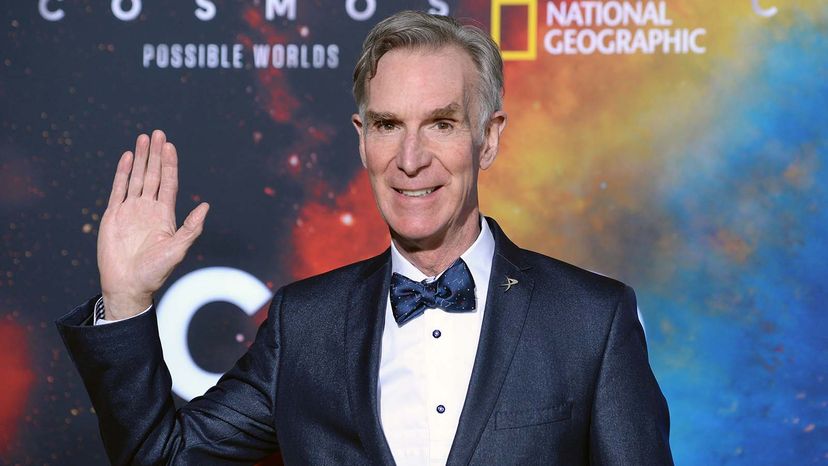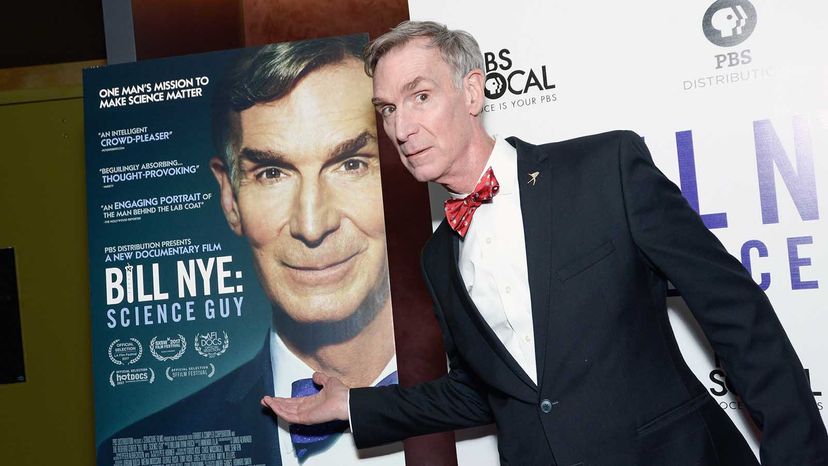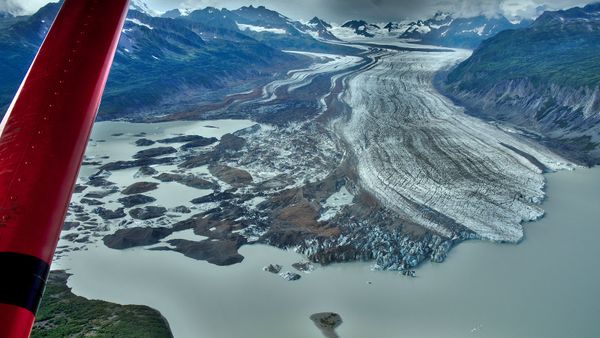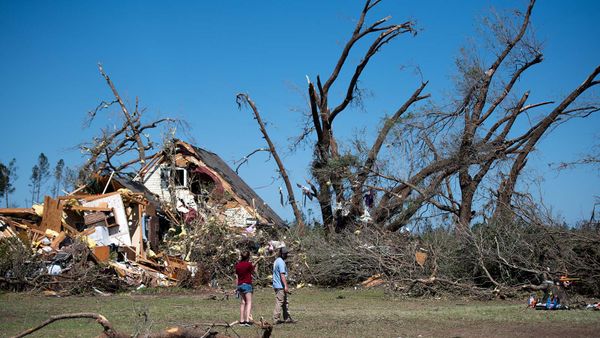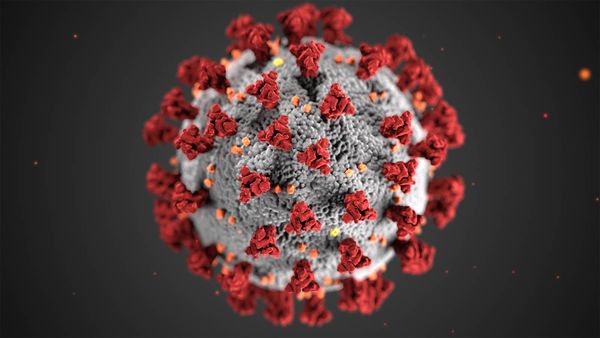Nye is a relentless optimist. He believes that things will improve as younger Americans — who tend to bemore educatedand more knowledgeable about climate change than older generations — start to make up a larger share of the electorate.
"As soon as older people are in the minority in voting, this will turn around very quickly. When people who are in their 20s right now are in their 40s — when they're at the height of their earning power and they are most influential in governments — then things will turn around," he says. However, he adds, "If you like to worry about things, this is a fantastic time, because it's not clear if that will happen fast enough."
Nye says that it is harder to persuade older Americans of the severity of climate change, because it challenges their longstanding beliefs. "The older you are, the more set in your ways you are. Your worldview has worked for you for decades, so why would you want to change it now?" he says. As for why young people are more attuned to the problem, he joked, "well, I take full credit."
Nyebroached climate changeon his PBS children's show, "Bill Nye the Science Guy" in the 1990s, and has continued to educate the public about climate change and other issues of scientific interest in his TV programs, public appearances and his podcast, which has focused almost exclusively on the coronavirus in recent months.
"I was around when the U.S. decided to stop teaching the metric system, to take solar panels off the White House, produce both the Ford Pinto and the Chevy Vega, and I was very concerned about it," he says. "I quit my day job to engage young people in the hope that we could have a better future through science literacy. I'm still fighting that fight."
Nye says the best thing Americans can do now to tackle the threats facing the country is to take part in the political process.
"I just encourage everyone to vote. The more people participate in the political process, the more we will reach a consensus on what to do about these very serious problems — climate change and the coronavirus pandemic," he says. "The more that people participate — especially people who disagree with me at first — the more we will work together."
This story originally appeared inNexus Media Newsand is republished here as part of Covering Climate Now, a global journalistic collaboration strengthening coverage of the climate story.
